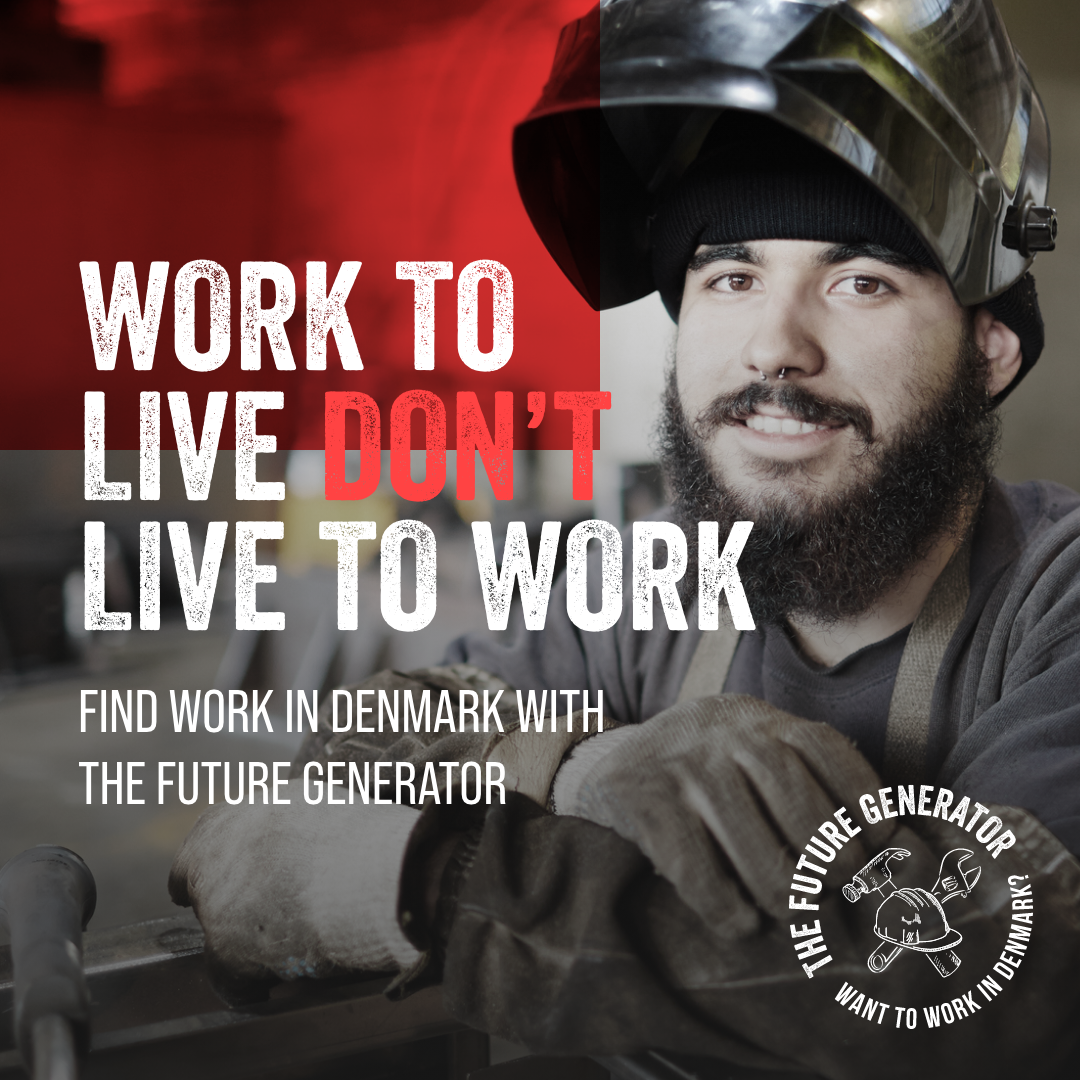Foreign construction companies outwit inspectors
Eastern European construction companies have come up with a way to avoid tougher inspection regulations for foreign companies. According to a report compiled by labour regulator Arbejdstilsynet and unions, foreign company owners set up fictive Danish companies to avoid having to be registered as foreign companies, which leads to them facing less site inspections. – Politiken
Fewer Romani applying for asylum
Using new regulations that allow immigration authorities to process applications for asylum faster and more consistently, Udlændingestyrelsen has stopped a sudden rise in applications from Serbian Romani, who made up nearly 30 percent of all asylum seekers in Denmark in February. The Romani applicants were denied personal allowances, food money and extra child support money leading to just five applying for asylum in May, compared with 159 in February. – Jyllands-Posten
Hospitals falling short of treatment goal
Business at private hospitals could spike this autumn after figures showed it was unlikely public hospitals would be unable to meet a government-imposed requirement that they be able to issue a diagnosis within one month starting on September 1. Last year, 40 percent of patients in Greater Copenhagen were diagnosed after 30 days. Healthcare regions will be required to pay for treatment at private hospitals if public hospitals cannot meet the diagnosis deadline. – Berlingske
Doubt over need for freedom of information changes
Changes to freedom of information laws that put more official records off limits might not have been necessary, according to a review of recent freedom of information of act requests. The justice minister, Morten Bødskov (Socialdemokraterne), pushed for the new freedom of information act (offentlighedslov) to allow cabinet members and public officials freedom to discuss possible initiatives without them being public record. – Information
Bank cuts mean lower expenses but reduced service, too
Since 1991, every second bank branch in Denmark has been eliminated, and there are 11,000 fewer full-time employees working in banks today than 22 years ago, according to bankers' association Finansrådet. In 1991 there were 2,652 branches, but that number has shrunk to 1,308 today. The trend made it increasingly difficult for those not familiar with computer banking to tend to their finances, elderly advocates said. – Kristeligt Dagblad
Happy workers
At the same time as Danes are among Europe's best paid and least over-worked employees, their jobs tend to be physically easier and offer them greater opportunity for personal development. According to a Eurofound survey of 35,000 EU residents, just one out of every 14 Danes said they had a bad job, while the number was one in every five for other EU countries. – Ugebladet A4
Karlsson nets ice hockey job
Janne Karlsson was named as head coach of Denmark's national ice hockey team yesterday. Karlsson replaces fellow Swede Per Bäckman, who stepped down in May. Karlsson, 54, was the assistant coach for Sweden in 2006 when they won gold medals in the Olympics and the world championships. He has also won three Swedish national championships coaching for Frölunda and HV71. – Sporten.dk
















